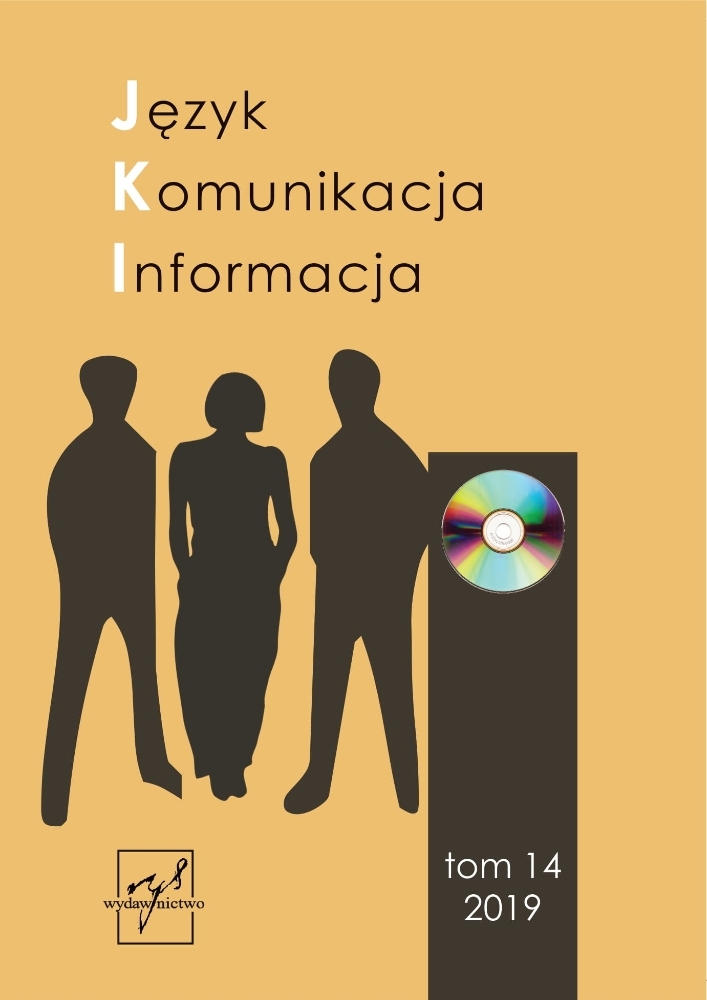Abstract
This article discusses human multilingualism as a normal human phenomenon and not as an abnormal phenomenon and explains why there are more naturally multilingual people in the world than monolingual ones. It also explains why linguists have not been interested in multilingualism until recently. Then it lists the process by which children naturally acquire one, two or even more languages, depending on the place in which they were born and live. The phases are more or less the same for all languages. Examples are given of the different time of acquisition by children of the most irregular parts of languages, for example the plural in Arabic. When it comes to Esperanto, there are no particular benefits in acquiring it from birth in terms of speed of acquisition, but many examples gathered from native speakers of Esperanto show that there are advantages for a deep understanding of the way Esperanto works and hardly occasions of over-regulation. Particular attention is devoted to the benefits of bilingualism and especially of bilingualism from birth. According to many researchers, the greater mental flexibility caused by the continued alternation between two language systems gives advantages in non-language fields too, such as mathematics, solving logic tasks, and so on. And the positive results are constant regardless of the languages used by the bilinguals. A well-known advantage is the ability to learn other languages faster (preparation for learning other languages). These benefits also apply to bilinguals with Esperanto. Before so many scientific proofs of the benefits of multilingualism, it must be noted with astonishment that policy-makers in educational matters simply ignore them. According to the latest political ideas more and more prevalent in Europe and in the world, teaching of the languages of immigrants in elementary schools has been stopped and the institutions continue to ignore the existing bilingual speakers, who could also present economic opportunities for the country of residence. The focus is only on language proficiency in the national language.
License
Open Access Policy: This journal provides immediate open access to its content on the principle that making research freely available to the public supports a greater global exchange of knowledge.
By sending their contributions authors accept that papers published in this journal are available online free of charge (Open Access) and are subject to the Creative Commons license 4.0 version BY-NC-ND.

